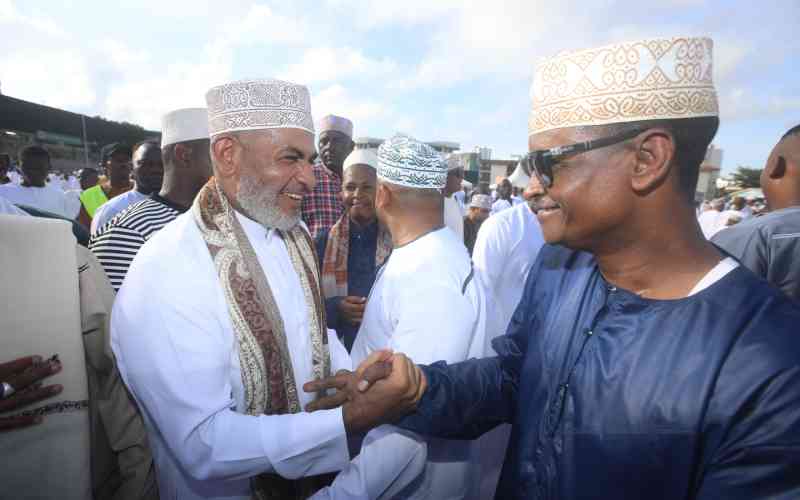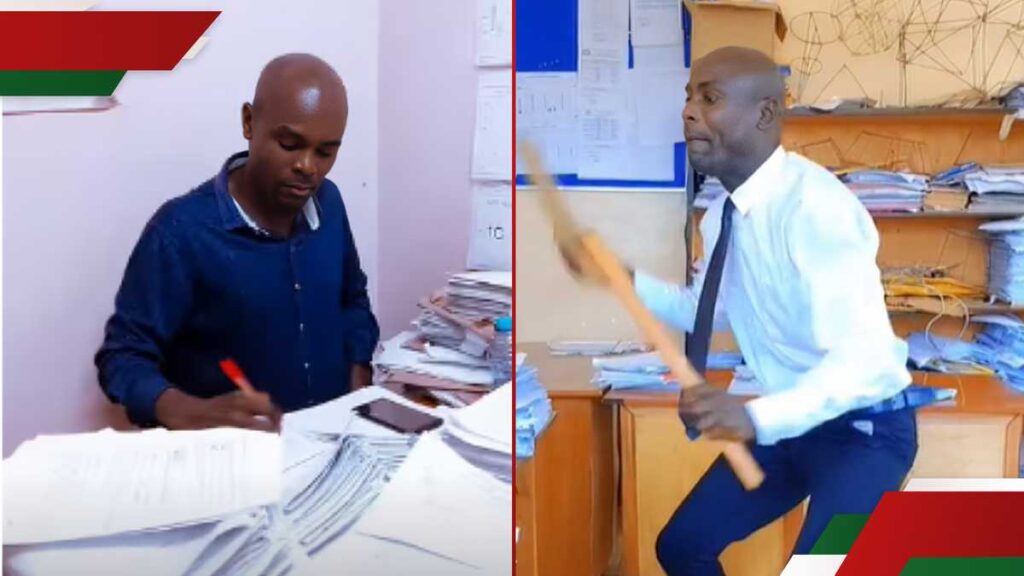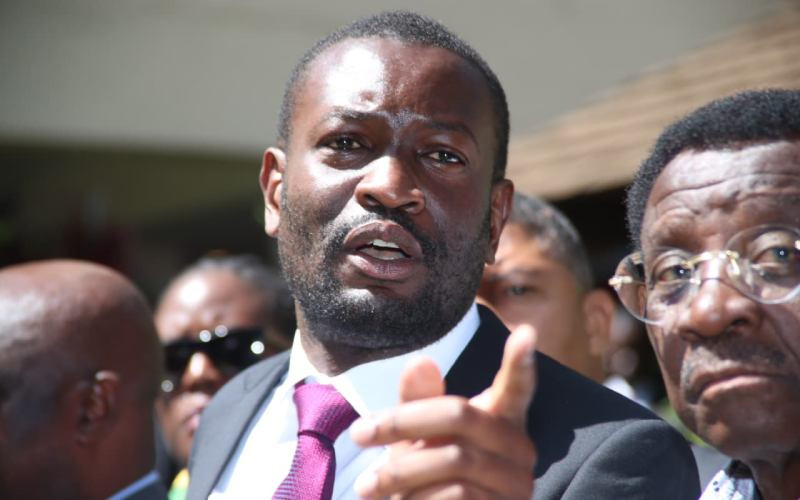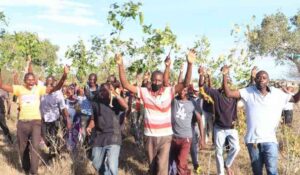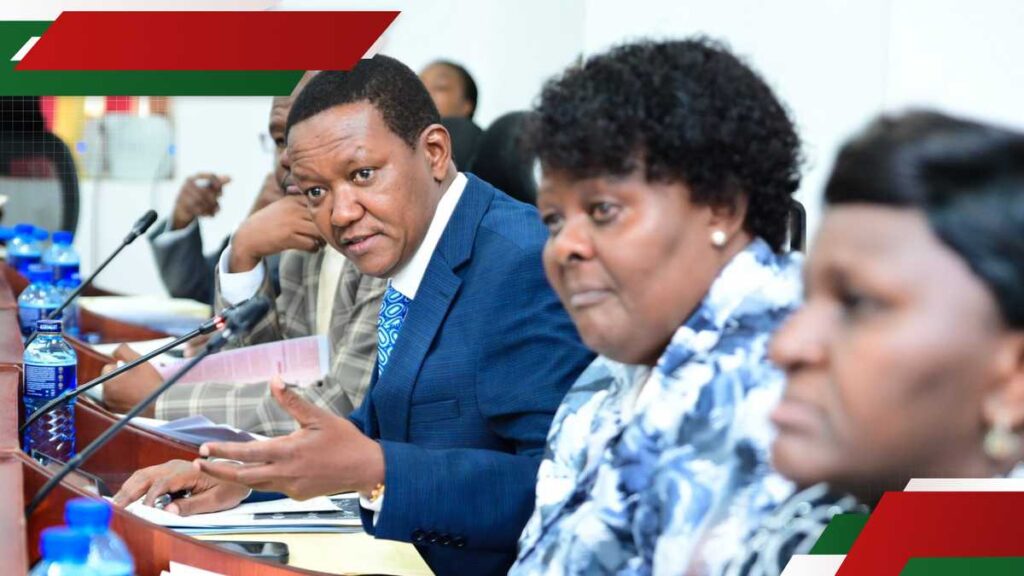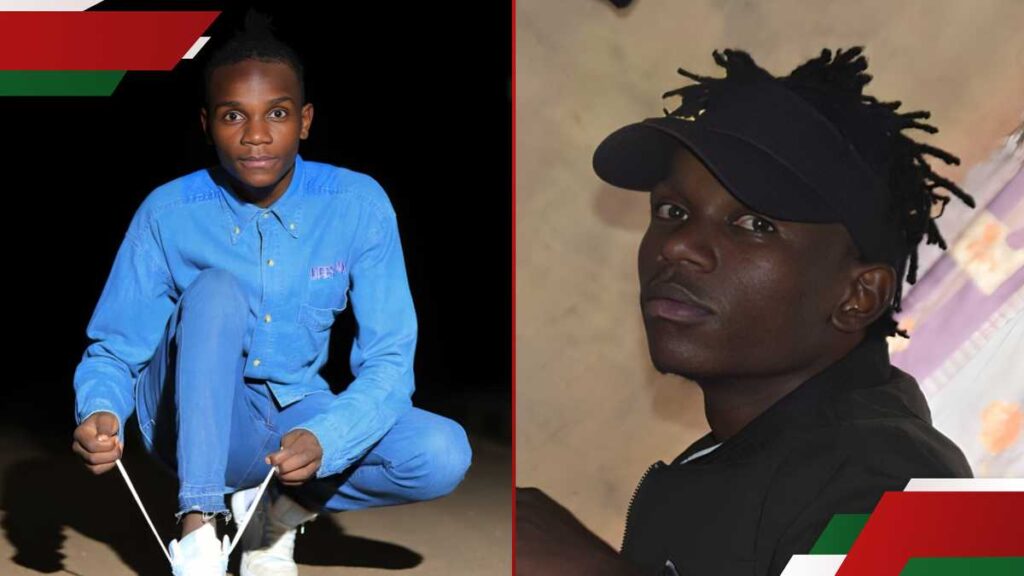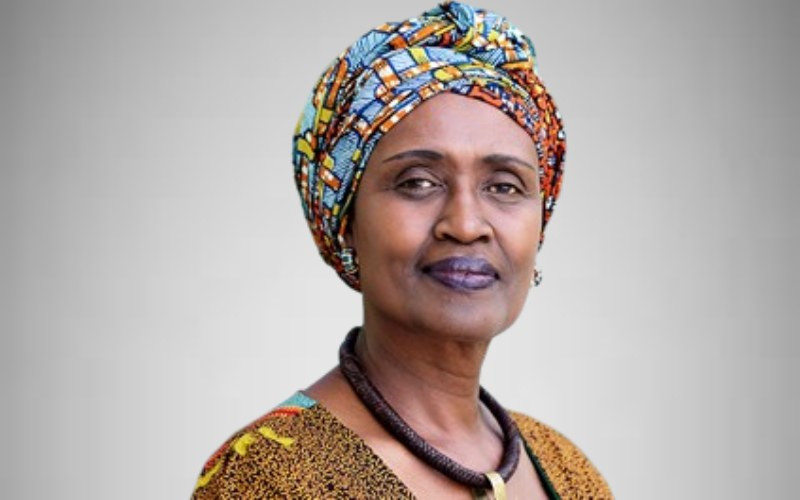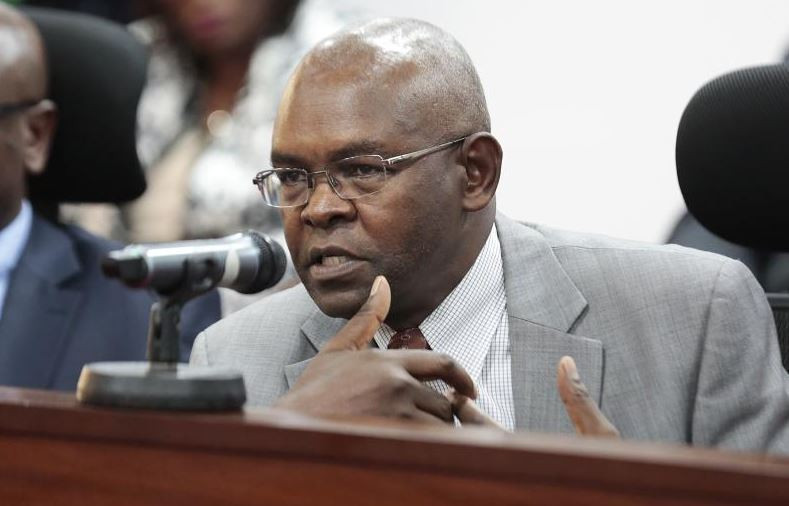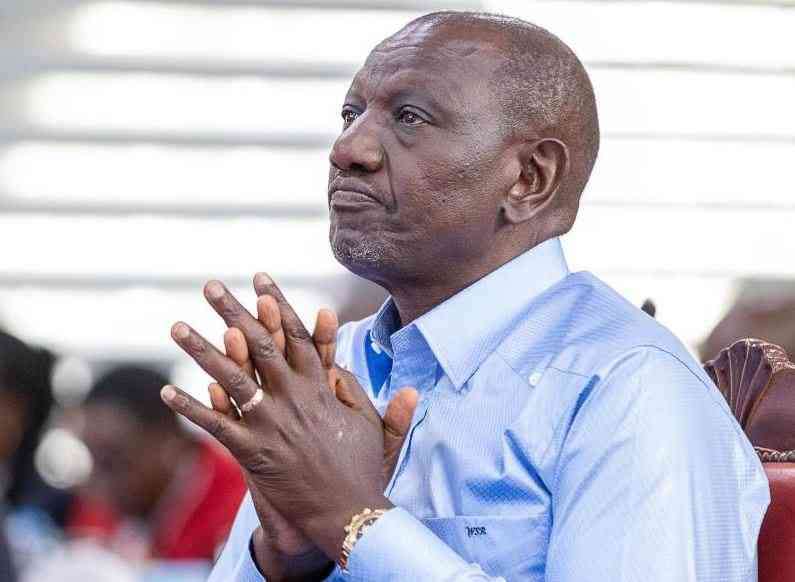Eid al-Fitr, a time traditionally marked by joy, family gatherings and feasts, was overshadowed this year by economic hardships that have tightened household budgets and dampened celebrations across the country.
In major towns and markets, many families struggled to uphold the usual festive traditions.
In Kiamaiko, a market famed for its bustling trade in livestock, traders lamented the decline in sales.
“This is usually our peak season. But people are not buying like before. The cost of living is too high, and families are cutting back,” said Ahmed Noor, a goat seller, a sentiment shared by Rashid Abdul.
“Previously, we could sell more than 100 goats by midday, but as of today, we have hardly sold 20 goats. This is an indication that people have resorted to shelving feasts,” he said.

Jamilla Mohammed, a resident of South B, faulted the hard economic status of the decision to stay indoors.
“People are happy to mark Eid, but you can see the struggle. There’s not much spending this year. Families are holding back,” she lamented.
Even in the heart of Nairobi, the Eid festivities lacked their usual vibrancy.
Many families who would have traditionally bought new clothes and prepared elaborate meals found themselves making do with less.
“We had to prioritise,” said Halima Abdi, a mother of three, adding, “The prices of basic commodities have skyrocketed, so we kept the celebrations simple.”
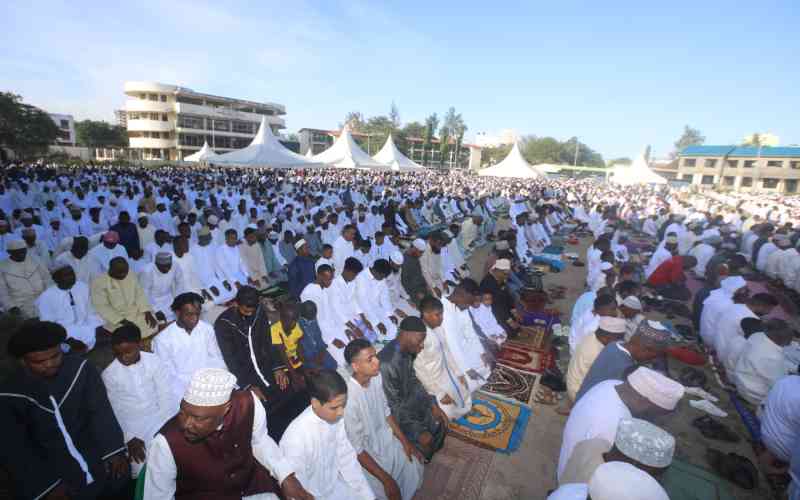
The economic strain was further reflected in charitable giving, a key aspect of Eid. In past years, mosques and community groups would distribute food and gifts to the less fortunate. This year, donations were notably lower.
“We rely on well-wishers to help distribute food to struggling families,” said Yusuf Mohamed, a community organizer in Nairobi, adding, “But even they are feeling the pinch.”
In Mombasa, traders noted a significant drop in business.
“Usually, the day before Eid, we would be overwhelmed with customers buying food and clothes. This year, many are just window-shopping,” said Mariam, a shopkeeper in Old Town.
Meanwhile, concerns over global crises, including the suffering of Muslims in Gaza and Yemen, weighed heavily on worshippers.
“We pray for our brothers and sisters facing hardships, both here and abroad,” said Sheikh Swaleheh Nkojo.
Stay informed. Subscribe to our newsletter
“But our own struggles are also real. People are not celebrating like they used to.”

The tough economic conditions have not only affected Eid celebrations but also raised broader concerns about the country’s financial stability.
Some leaders have called on the government to address the rising cost of living. “If we want peace, we must do justice,” said Makueni Senator Dan Maanzo.
Maanzo said the government needs to focus on economic policies that will ease the burden on ordinary Kenyans.”
At Ronald Ngala Primary School in Mombasa, the Muslim faithful gathered for prayers, seeking solace in their faith despite the economic challenges.
Governor Abdulswamad Shariff Nassir joined residents in the celebrations, but for many, the mood was subdued.

The struggle was echoed in Masindi, where the usual feasts and gifts were scaled down.
Imam Sheikh Yahaya Ssozi called for resilience, urging Muslims to support each other beyond Ramadan.
“This is a time for unity and kindness. We must stand with those who are struggling,” he said.
Despite the financial struggles, the spirit of Eid remained strong in many communities.
In markets, mosques, and homes, Kenyans continued to find ways to come together, share what little they had, and look forward to better days ahead.
“Eid is not just about food and gifts,” said Fatima Hassan, a teacher in Nairobi. “It’s about faith, family, and gratitude. Even in difficult times, we must remain hopeful.”








